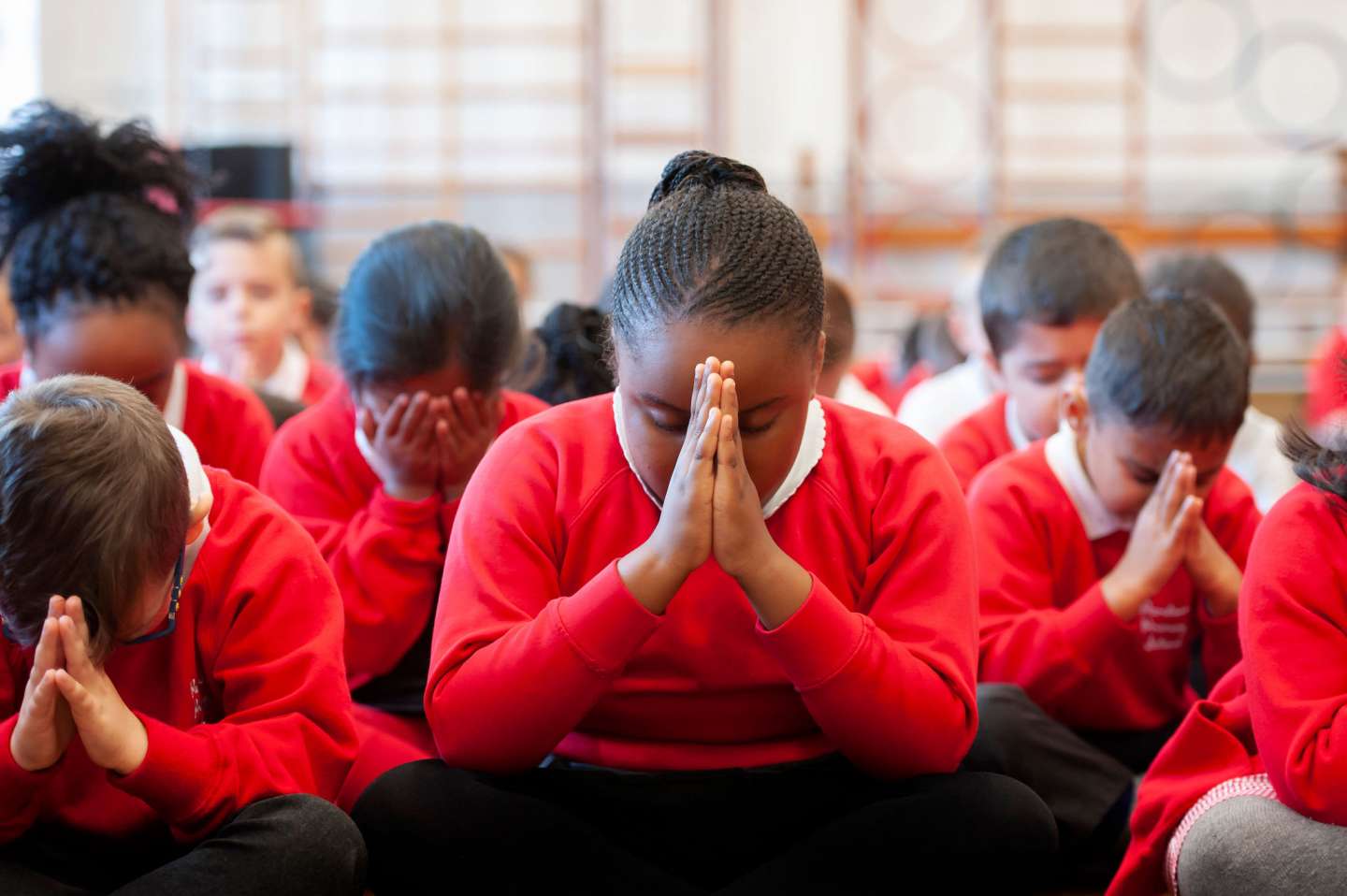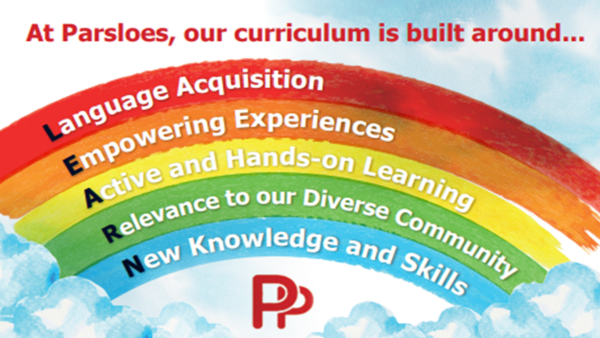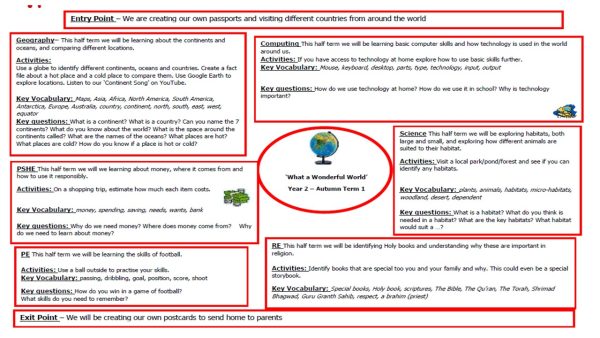
At Parsloes Primary School we believe that a high-quality RE education equips pupils to be thoughtful considered citizens, with an understanding of how to be in the world both as individuals and as corporate citizens. This allows themselves and others to be the best they can be.
At Parsloes Primary School we believe that a high-quality RE education equips pupils to be thoughtful considered citizens, with an understanding of how to be in the world both as individuals and as corporate citizens. This allows themselves and others to be the best they can be. Lessons are interactive involving artefacts, people and where appropriate visits to local places of worship. RE has links to PSHE lessons, assemblies, cultural celebrations and national events such as Remembrance Day. By the time they leave Parsloes Primary School, children will have gained new knowledge and skills learning both about and from a variety of world religions and world views and have some understanding about how to apply their learning to their own lives.

At Parsloes Primary School, the learning of RE is embedded through the development of knowledge and skills over time. The curriculum breadth supports learners’ knowledge and understanding of religions and non-religious beliefs, such as atheism and humanism. Throughout each key stage, the learning deepens their understanding of a variety of religions and world views. Progression is mapped coherently.
Pupils have access to key vocabulary and sources of wisdom eg looking at what the Qu’ran or the Bible says about issues. The pupils follow the Agreed Borough wide curriculum from SACRE which is reviewed every five years. Pupils are given opportunities to explore the main religions found in the UK including, Christianity, Buddhism, Hinduism, Islam, Judaism and Sikhism, as well as non-religious beliefs, such as atheism and humanism.
Pupils are also exposed to Philosophical Studies by looking current real-world issues using P4C (Philosophy for Children) activities and debates. RE makes links between the beliefs, practices and value systems of a range of faiths and world-views studied enabling the children to consider their own beliefs and ideas in a safe space, learning from and with each other. The children usually have one lesson per week of between 45- 60 minutes long or may be taught in a block of time depending upon the content of the unit being taught.
Language Acquisition – Key vocabulary relating to Religious Education is planned for progressively across the school. Children are taught how to use this vocabulary in context, including through discussion and debate.
Empowering Experiences – The Religious Education curriculum is enriched by visits to religious sites from all major world religions, expanding the knowledge and understanding of the children.
Active and Hands-On Learning – Children have access to artefacts from religious communities, allowing a sense of immersion into religious practices for meaningful learning experiences. Lessons encourage reflection and discussion.
Relevance to our Distance Community – Our Religious Education curriculum celebrates the rich and diverse school community. Pupils of different faiths are encouraged to share their experiences.
New Knowledge and Skills – The Religious Education curriculum is sequenced progressively to ensure prior learning is referred to and built upon.

Our curriculum overviews detail the key RE content required for each unit of work. These are shared with children and families at the beginning of each half term to help enhance learning.
